The scientific committee decided the sessions for the 6th International Sclerochronology Conference in 2023 Tokyo. Abstracts and description of the sessions and keynote speaker will be available in this website as soon as possible.
SESSIONS:
1. Biomineralization
2. Climate: Past, Present and Future
3. Environmental Monitoring and Pollution
4. Fisheries Ecology and Management
5. Paleoecology and Evolution
6. Proxy Development and Optimization
7. Sclerochronology, Archaeology and Human-Environmental Interactions
Sessions for related studies, such as development in sample preparation and measurement technique, statistical tools for data processing etc. are also foreseen.
KEYNOTE SPEAKERS:
Biomineralization
Keynote: Pupa Gilbert
University of Wisconsin – Madison, USA
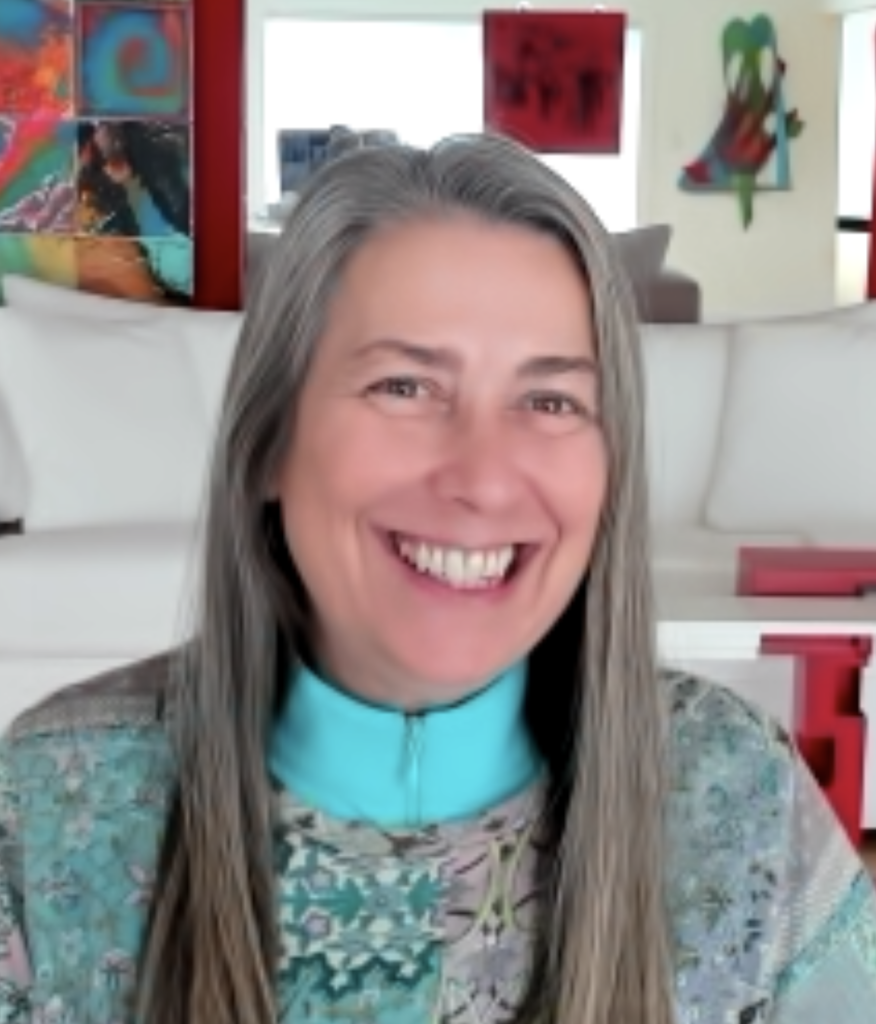
Dr. Pupa Gilbert is a Vilas Distinguished Achievement Professor of Physics at the University of Wisconsin – Madison and an amateur surrealist painter. She is a physicist with passionate loves for biology, geoscience, materials science, and modern art. She studied at the Sapienza University of Rome, worked as a staff scientist at the Italian National Research Council (CNR) and at the École Polytechnique Fédérale de Lausanne (EPFL) until she joined the University of Wisconsin in 1999. Her research focuses on biominerals, including coral skeletons, tooth enamel, nacre, and sea urchin spines. She studies them with spectromicroscopy methods at the Advanced Light Source in Berkeley, where she explores the complex structures of biominerals, and their formation mechanisms. She was Knighted by the President of Italy in 2001. She won several awards for her research, teaching, and writing, including the UW-Madison Distinguished Teaching Award in 2011, Radcliffe Fellowship 2014-15, and the David A. Shirley Award in 2018, and the “Texty” or Textbook Excellence Award in 2022 for her “Physics in the Arts” 3rd edition book, published in 2021. She lives in Madison and Berkeley with her husband Ben.
(Google Scholar)
Climate: Past, Present and Future
Keynote: David J. Reynolds
University of Exeter, UK
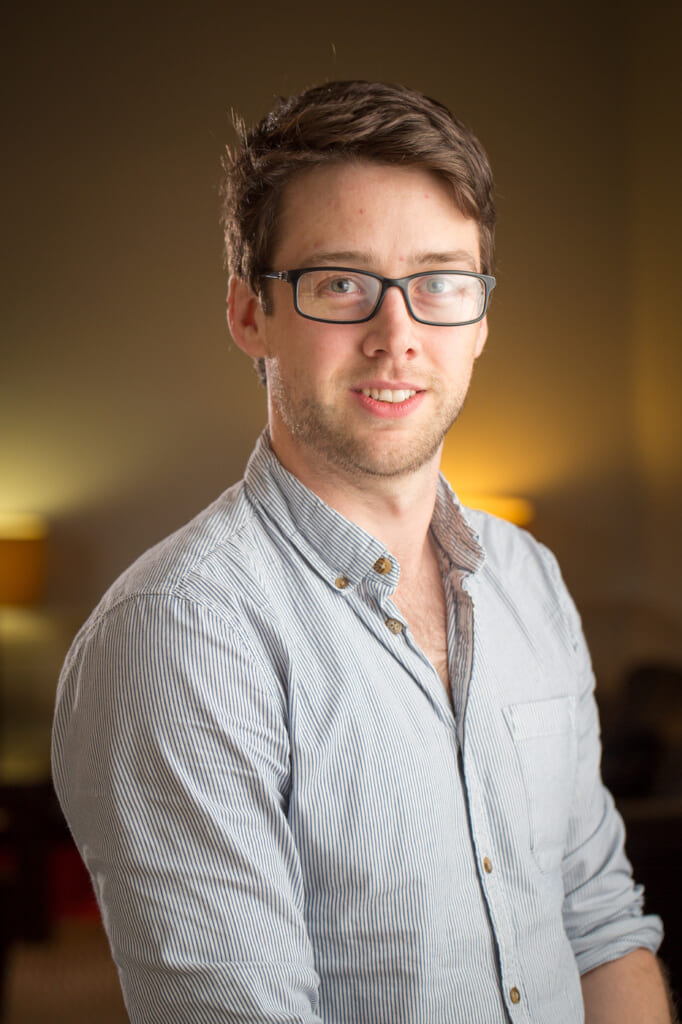
Dr. David Reynolds is a research fellow and lecturer at the University of Exeter (UK). David completed a PhD in Ocean Science (2011) and post-doctoral research position (2011-2013) at the School of Ocean Science at Bangor University (UK). Subsequently, David worked as a research fellow and lecturer at the School of Earth and Ocean Science at Cardiff University (UK; 2013-2018), and a research fellow at the Laboratory of Tree Ring Research at the University of Arizona (USA; 2018-2020). David’s research focuses on the development and application of high resolution absolutely dated marine environmental reconstructions that span past centuries to millennia. These records are developed using growth increment width chronologies and geochemical time series derived from long-lived marine bivalve molluscs. Recently, David’s work has focused on integrating networks of sclerochronological records with contemporaneous atmospheric reconstructions to better understand the interplay between local to basin scale marine variability and atmospheric climate dynamics.
(Google Scholar)
Environmental Monitoring and Pollution
Keynote: Kozue Nishida
University of Tsukuba, Japan
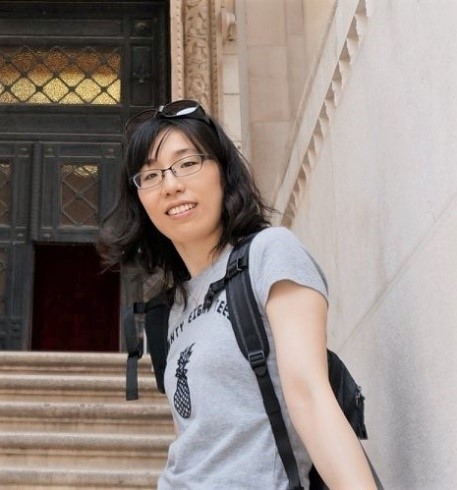
Dr. Kozue Nishida is junior assistant professor of University of Tsukuba, Japan. Her research covers a broad spectrum of applications of isotope geochemistry and evolution of biomineralization. To understand interactions between marine organisms and environment, she has been developed environmental and ecological proxies by using novel techniques of stable isotope analysis and culture experiments. She completed her Ph.D. at the University of Tokyo in 2013 on the theme “Thermal control on shell microstructural formation of Bivalvia (Mollusca)”. During her post-doctoral period, she worked at the Geological Survey of Japan (GSJ), the University of Tokyo, and National Institute of Technology, Ibaraki Collage, and pursued environmental research using a variety of organisms (molluscs, corals, otoliths).
(Google Scholar)
Fisheries Ecology and Management
Keynote: Zoë Doubleday
University of South Australia, Australia
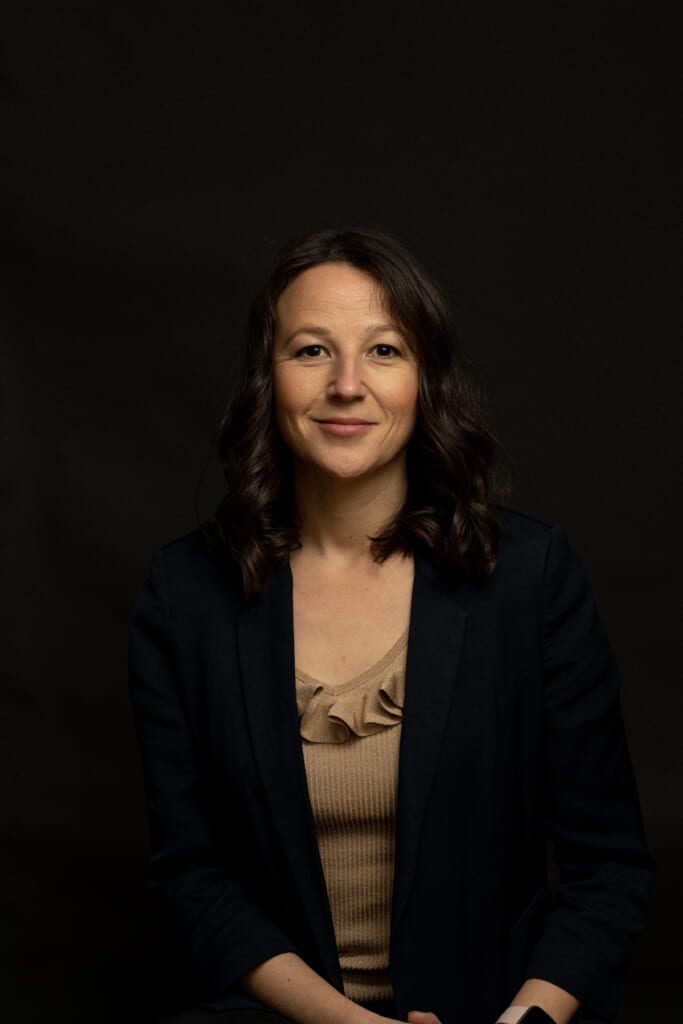
Dr. Zoë Doubleday is an Australian Research Council Future Fellow at the University of South Australia, where she is setting up a new research lab focused on using geochemical and sclerochronological tools to unlock the environmental histories and provenance of marine animals, particularly marine invertebrates. Zoë is internationally known for her work on octopus and other cephalopods, with a focus on population and fisheries ecology. Zoë is a passionate advocate for accessible science and boosting the impact of research through creative communication strategies. Zoë works regularly with the media to promote diversity in STEM, marine research, and the environment.
(Google Scholar)
Paleoecology and Evolution
Keynote: David K. Moss
Sam Houston State University, USA
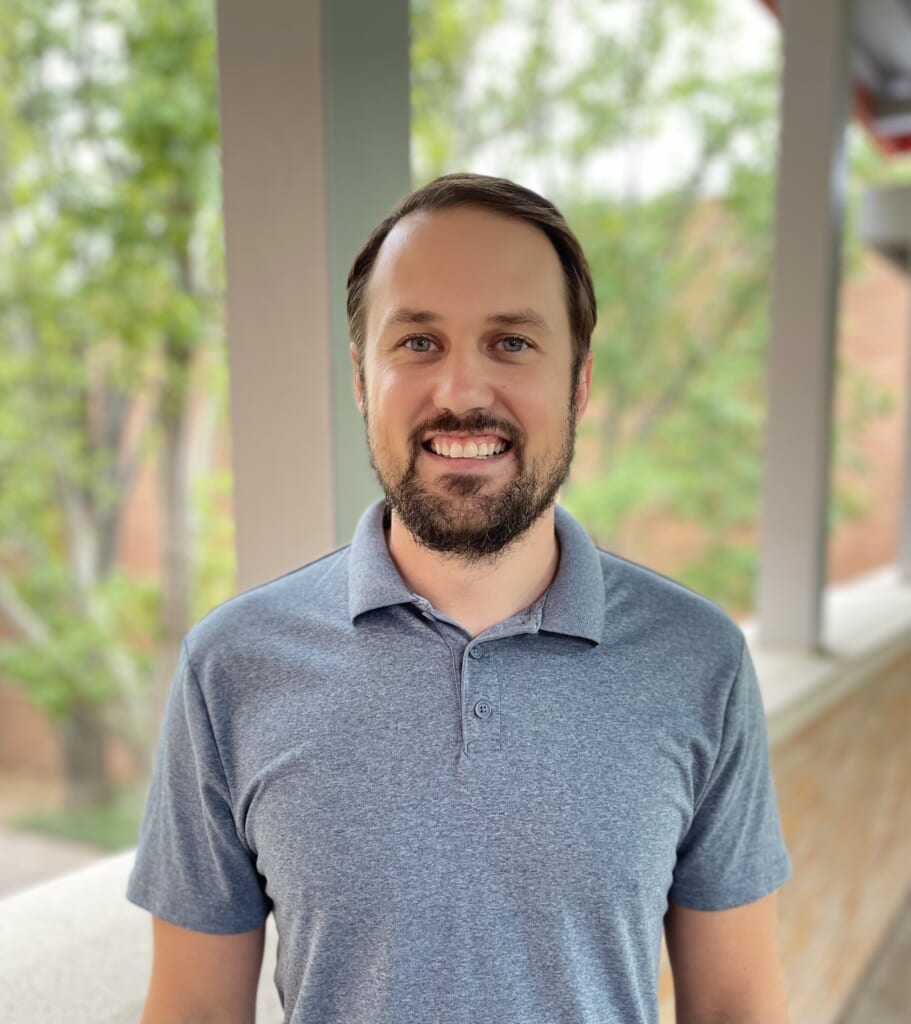
Dr. David K. Moss is an Assistant Professor in the Department of Environmental and Geosciences at Sam Houston State University (Texas, USA). He uses sclerochronology to understand evolutionary patterns in life history traits (lifespan and growth rate) of modern and fossil bivalves. His work so far has focused on Cenozoic US Atlantic and Gulf Coastal Plain, and Cretaceous/Paleogene deposits on Seymour Island Antarctica. He is particularly interested in understanding how life history traits might be distributed across bivalve phylogenies through time, how long-term trends in predation have influenced bivalve life history strategies, and the role growth rate might play in survival at mass extinction events. Moss received his BS from Centenary College of Louisiana, MS from the University of Oklahoma, and PhD from Syracuse University.
(Google Scholar)
Proxy Development and Optimization
Keynote: Liqiang Zhao
Guangdong Ocean University, China
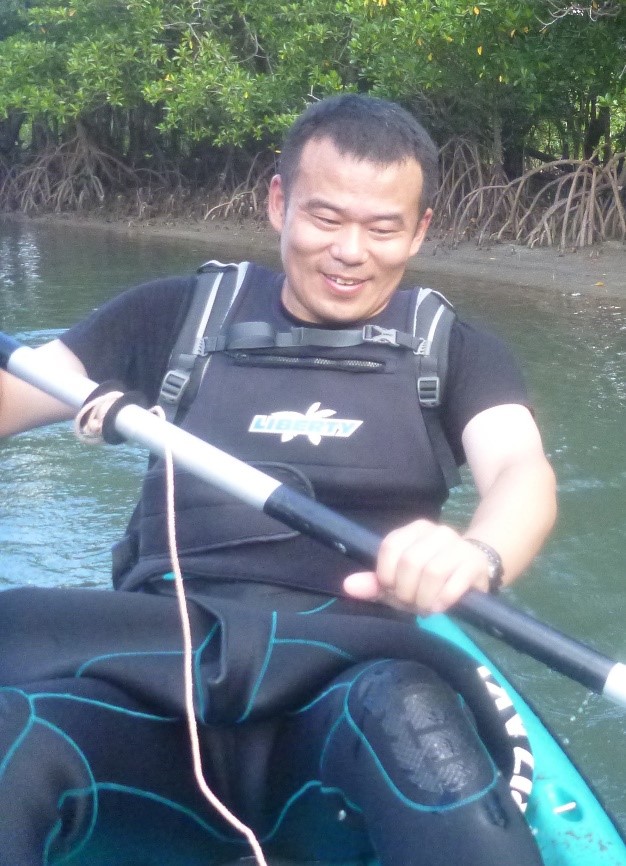
Dr. Liqiang Zhao is an associate professor at Guangdong Ocean University in China. He completed his PhD from the University of Mainz (Germany) in 2017 and was a JSPS Postdoctoral Fellow at the University of Tokyo (Japan) from 2017 to 2019. He has a specific interest in the bridging of disciplines to address multifaceted climatic issues, such as ocean acidification and marine heatwaves. The primary focus of his research is deciphering the complexity of the incorporation of trace elements into bivalve shells and exploring their potential as proxies of environmental change. This work is highly interdisciplinary, occurring at the interface between biology, ecology, and geochemistry.
(Google Scholar)
Sclerochronology, Archaeology and Human-Environmental Interactions
Keynote: Meghan Burchell
Memorial University of Newfoundland and Labrador, Canada
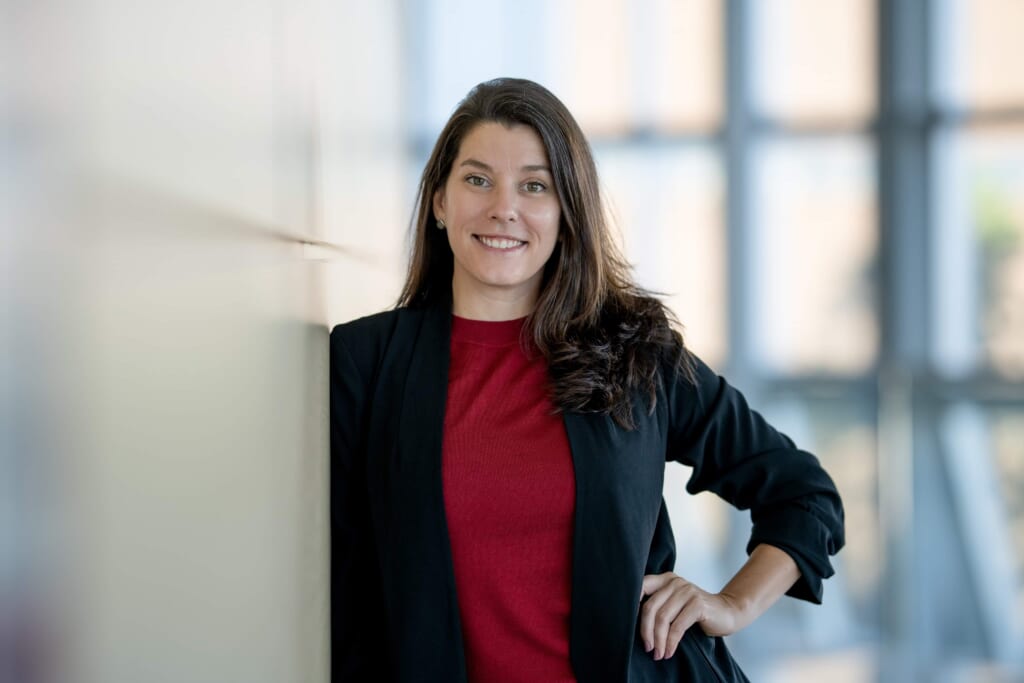
Dr. Meghan Burchell is an interdisciplinary social scientist, whose research intersects archaeology, sclerochronology, and geochemistry to understand long-term human-environmental interactions in coastal landscapes. Grounded in a feminist approach to promote inclusive science, Meghan’s program of research emphasizes intensive mentoring for early career researchers by fostering an environment that promotes equity, diversity and inclusion – and high-resolution analyses. She completed her PhD at McMaster University (Anthropology/Earth Sciences) part-time while working in university teaching an administration. Her training at the University of Mainz provided the platform to establish the first laboratory in Canada for high-resolution analysis of mollusks, with a suite of instrumentation including: FTIR, pXRF, petrography and high-resolution digital microscopy. Her current projects, funded by the Social Sciences Humanities and Research Council of Canada, the Natural Science Engineering Research Council of Canada, and the Canadian Foundation for Innovation, focuses on working with Indigenous groups to interpret the information encoded in marine shells to tell stories of the human and environmental past on the Pacific and Atlantic Coasts of Canada.
(Google Scholar)
